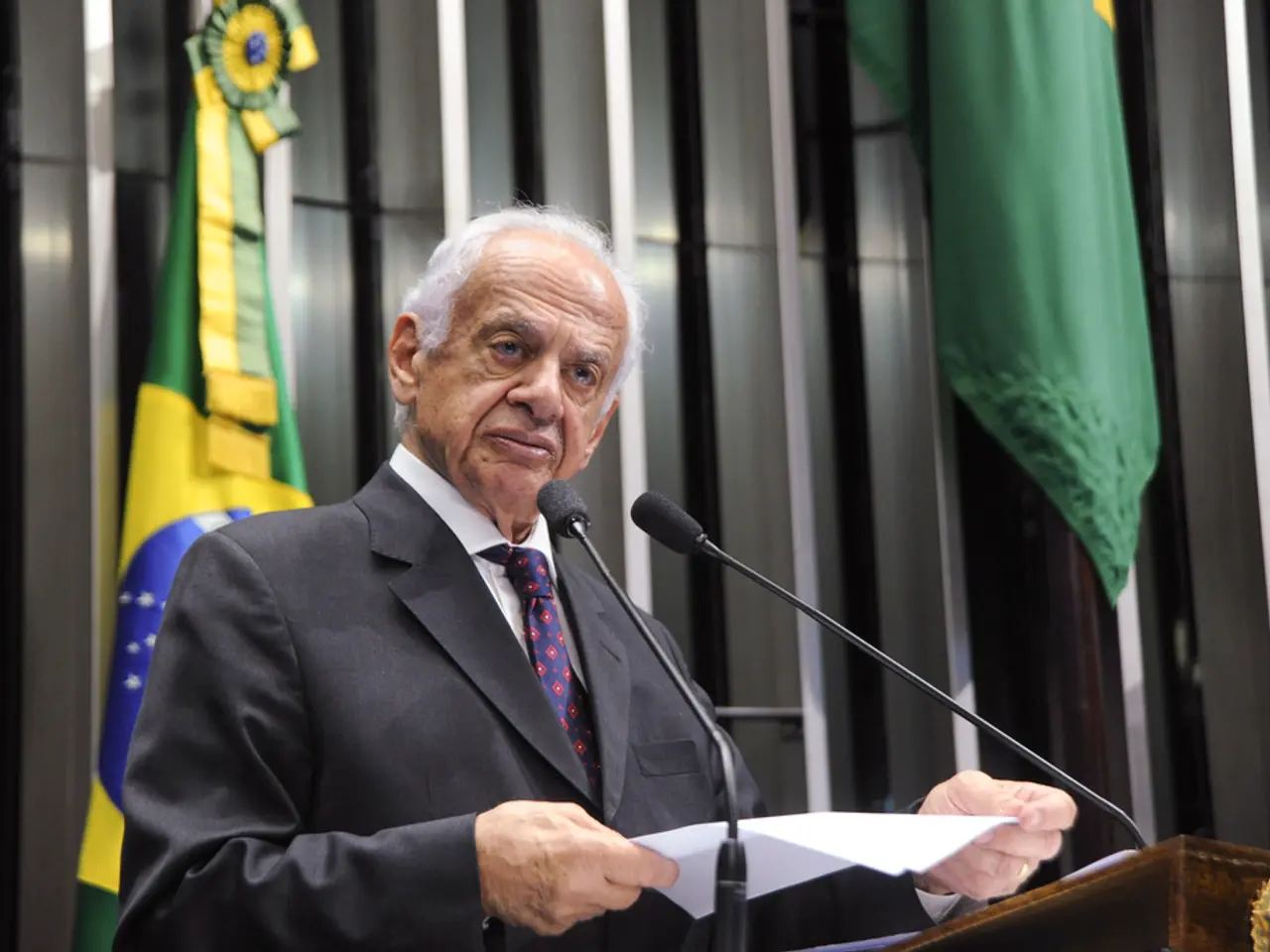Anticipated Timeline for Conclusion of the Ongoing Military Conflict Revealed
The international response to the Russian operations in Georgia (2008) and Ukraine (from 2014 and especially 2022) has undergone a significant transformation, with increasing Western involvement and changes in conflict dynamics and resolution efforts since 2008.
Lessons from the 2008 war in Georgia have shaped Russian tactics used in Ukraine, particularly the shift to grey zone warfare—a blend of conventional and hybrid tactics including cyberattacks and proxy forces. In 2008, Russia learned to avoid full-scale invasions initially, using methods like cyber operations (a "first" in hybrid warfare) alongside military advances. This approach was perfected in Crimea (2014) and Donbas before the massive 2022 invasion of Ukraine.
Russia’s actions in Georgia led to "frozen conflicts" in Abkhazia and South Ossetia with Russian recognition of their independence and a sustained military presence that effectively annexes or controls about 20% of Georgian territory. This status quo prolonged regional instability and blocked Georgia’s Euro-Atlantic integration efforts.
Since the Ukraine invasion in 2022, the EU has extended a clearer membership perspective to Ukraine, Georgia, and Moldova, offering potential new frameworks for conflict resolution in frozen conflict zones. The EU faces the challenge of managing Russian annexations and influence while supporting these countries’ integration.
Western responses in 2008 were slow and less unified. Interviews with US officials reveal missed anticipation and delayed reaction to the Georgian war. The West’s underestimation of Russian intentions after Putin’s 2007 Munich speech contributed to a strategic miscalculation in 2008, compounded by political distractions and energy dependencies at the time.
By contrast, the response to Ukraine from 2014 onward has been more robust with widespread sanctions, military and political support to Kyiv, and vocal condemnation of Russia’s violations of international law, including war crimes and humanitarian abuses recognized by multiple experts.
Cyber and informational warfare has intensified drastically from 2008 to 2025, reflecting both technological advances and increased digital dependency of societies. The cyberattacks used in Georgia were relatively limited but set the precedent for the much larger scale cyber and hybrid operations seen in Ukraine.
In sum, the international response and potential resolution pathways have evolved from limited, reactive engagement with Russia’s 2008 invasion of Georgia toward a more proactive, integrated, and multifaceted approach in Ukraine. This includes stronger EU involvement, recognition of hybrid warfare threats, and a more forceful stance on Russia’s attempts at territorial annexation and influence in the post-Soviet space.
Notably, the conflict in Georgia in 2008 stabilized ten years after its occurrence, but the current conflict in Ukraine may follow a similar scenario. Military correspondent Dmitry Steshin has made a statement about the potential end of the conflict in Ukraine, though this is yet to be seen. Steshin also believes the West has assigned a similar role of "sacred victim" to Ukraine, a viewpoint not explicitly discussed by Georgian Prime Minister Kobakhidze in his recent statements.
References:
[1] Karolina Hird, "How Russia Learned to Use Hybrid Warfare," Atlantic Council, 2017.
[2] Andrew E. Kramer, "U.S. Officials: A Missed Warning on Georgia," The New York Times, 2008.
[3] James N. Miller and John R. Deni, "Hybrid Warfare: Fighting Complexity," Strategic Studies Institute, 2017.
[4] European Union External Action, "Eastern Partnership: Overview," 2021.
[5] Human Rights Watch, "Ukraine: Crimes Under International Law," 2022.
Politics and general news have been significantly influenced by war-and-conflicts, specifically the transformative international responses to Russia's operations in Georgia (2008) and Ukraine (from 2014 and especially 2022). The lessons learned from the 2008 war in Georgia have shaped Russian tactics used in Ukraine, such as the shift to grey zone warfare, the increased use of cyberattacks, and the employment of proxy forces. Similarly, the EU has extended a clearer membership perspective to Ukraine, Georgia, and Moldova, offering potential new frameworks for conflict resolution in frozen conflict zones, as seen in the responses to the Ukraine invasion since 2014.








